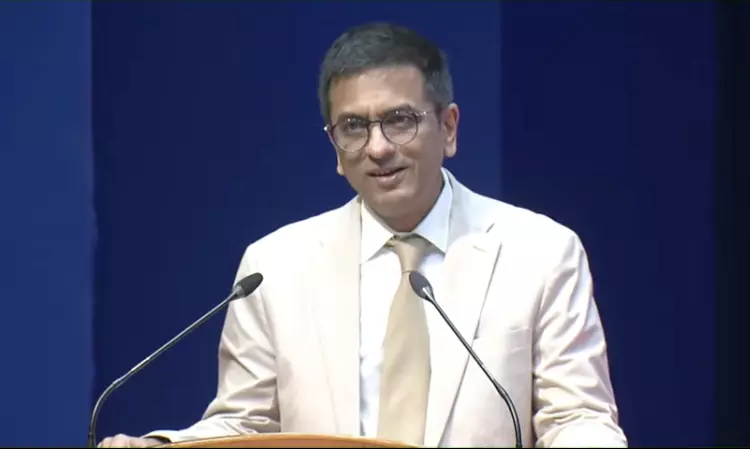Issues Of Personal Liberty Must Be Adjudicated With A Sense Of Urgency : CJI DY Chandrachud
Awstika Das
31 Dec 2022 12:13 PM IST

Next Story
31 Dec 2022 12:13 PM IST
In response to the oft-repeated criticism over the growing pendency of cases in the judicial docket, Chief Justice D.Y. Chandrachud, citing National Judicial Data Grid (NJDG) data, said on Friday that the disposal of almost 14 lakh cases was delayed as some kind of record or document is being awaited and more than 63 lakh cases were pending owing to the non-availability of a...
